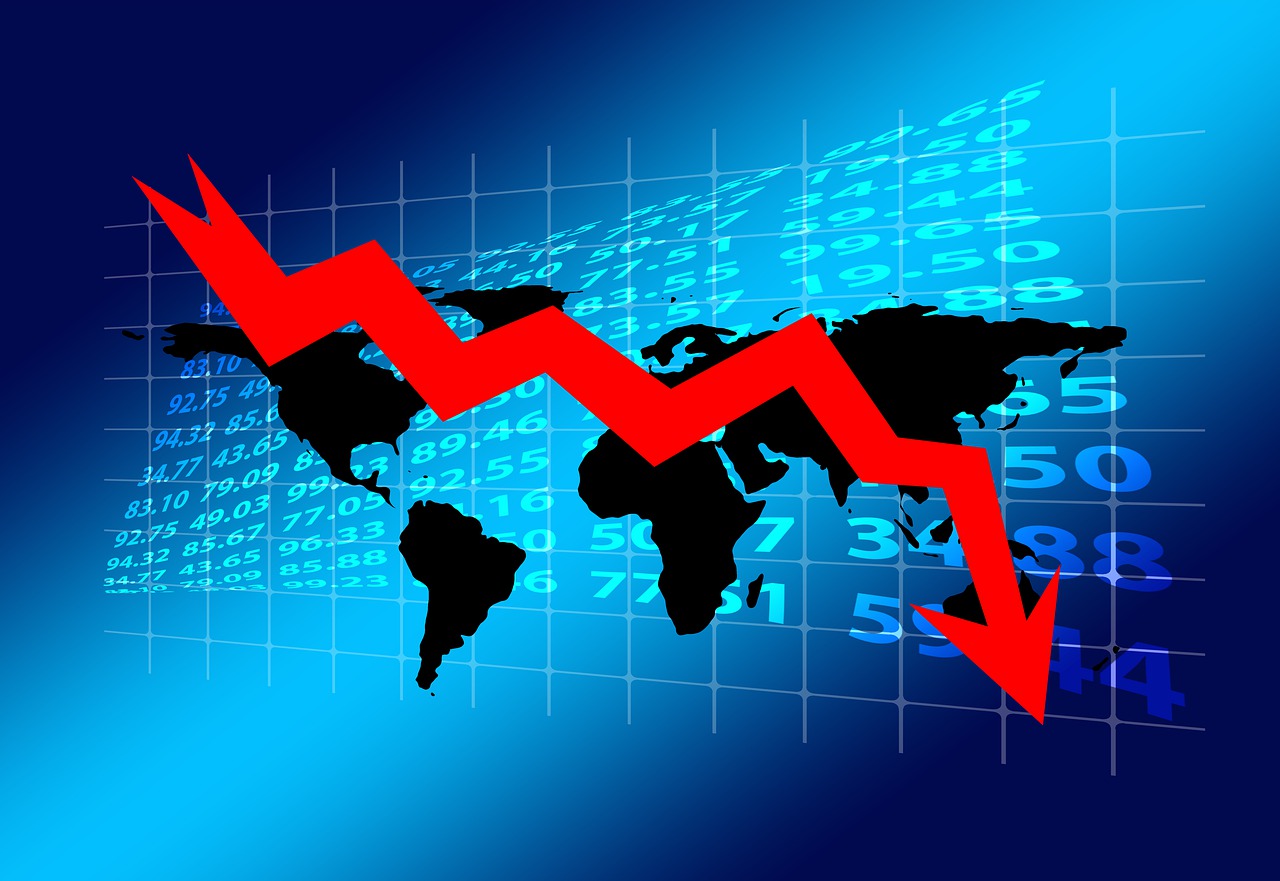Talk of a recession has been heating up in the last few months, and now it’s been heated to boiling. The U.S. officially ended its second consecutive quarter of declines as marked by a lower gross domestic product.
U.S. Economy Contracts Again In Q2
On Thursday morning, the Bureau of Economic Analysis reported that the nation’s GDP fell 0.9% on an annualized rate for the second quarter. Economists with Refinitiv had expected an expansion of 0.5%. The report follows the first-quarter GDP reading of a 1.6% decline, which means that the U.S. could technically be in a recession.
Q2 2022 hedge fund letters, conferences and more
Traditionally, the definition of a recession was two consecutive quarters of declining GDP, although it's actually up to the National Bureau of Economic Research to decide if we truly are in a recession. The NBER probably won't make a ruling on whether there's a recession or not for several more months or even possibly a year.
Of course, the debate on this issue is raging out of control with everyone from President Joe Biden to the local grocery store clerk having an opinion on the matter.
Digging Into The Data
GDP measures the total amount of goods and services produced during a period. The slowdown came from a wide range of factors, such as declining inventory, investments, and government spending. Gross private domestic investment plunged 13.5% for the second quarter.
Consumer spending based on personal consumption expenditures rose 1% for the second quarter as inflation accelerated. Spending on services rose 4.1% but, but a 5.5% decline in nondurable goods sales and a 2.6% decline in durable goods sales offset that increase on services.
Inventories helped boost GDP last year but dragged on the second-quarter reading, detracting two percentage points. Inflation continued to skyrocket during the second quarter as the consumer price index rose 8.6%, the fastest pace since the fourth quarter of 1981. Inflation-adjusted after-tax personal income fell 0.5%.
Here's What People Are Saying About The Report
Following Thursday's GDP report, Fox Business reports that Biden said that it's "no surprise that the economy is slowing down" due to inflation. He also noted that last year brought historic economic growth and regained all the private sector jobs lost during the pandemic, and this year the Federal Reserve is trying to bring down rampant inflation.
However, Biden had said earlier this week that the U.S. wouldn't enter a recession. When he spoke on Thursday morning, he pointed to strength in the job market with unemployment at 3.6% and more than 1 million jobs created just in the second quarter. Biden also said consumer spending continues to grow, although it should be noted that with inflation so high, that was bound to happen, and not because consumers are confident.
Last week, the White House Council of Economic Advisers tried to change the definition of a recession, declaring that two straight quarters of declining GDP do not define a recession. The agency's blog post claimed that the NBER's "recession indicator variables" have "exhibited strong growth in the U.S. economy since the start of the pandemic." The NBER has also said that it relies on more than GDP when determining whether a recession has occurred, although other economic data has suggested weakness despite the robust labor market.
Fox Business also reported that Fed Chair Jerome Powell doesn't think the U.S. is in a recession because "there are too many areas of the economy that are performing too well." Like Biden, he referenced the strong labor market.
However, no one seems to be addressing the recent spate of layoffs announced by numerous companies from Coinbase Global Inc (NASDAQ:COIN) and Rivian Automotive Inc (NASDAQ:RIVN) to Vox Media and potentially even Facebook parent Meta Platforms Inc (NASDAQ:META). At some point, those layoffs will be reflected in the jobs data.






